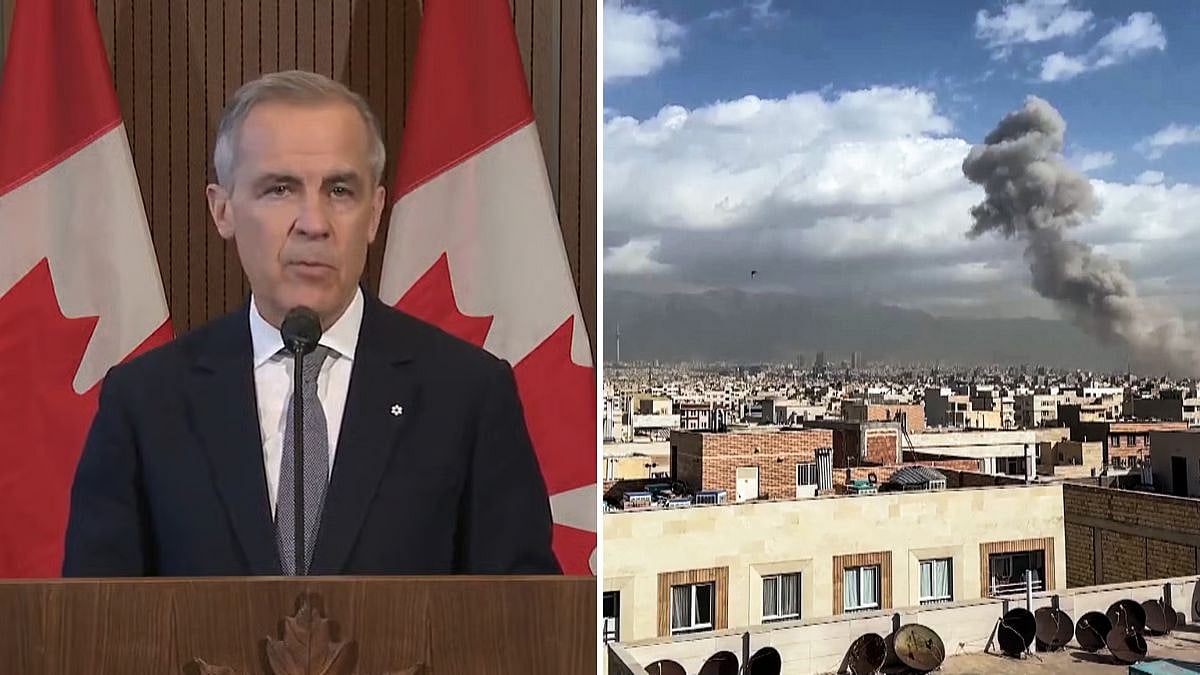Maharashtra: Not many imagined that Chirchadi’s first science graduate would go on to become a senior scientist in Washington DC-Baltimore. Even when things were hand to mouth, Bhaskar Halami found time to flip through pages of his books. Gondia tribe’s avid reader, Bhaskar, made it to Michigan Technology University and got himself a Ph.D. The 44-year-old now looks into RNA synthesis at a biopharmaceutical firm.
Now, whenever Halami comes back from the US, he visits schools in Gadchiroli and mentors the academic pursuits of the students.
Talking to The Free Press Journal, Dr. Bhaskar Halami elaborates on the observations he made through his academic journey.

Can you share some pivotal habits that have brought you where you are?
All I can attribute my education to is reading. It’s the one piece of advice I always give to students when I talk to them. For me, the journey began in second grade itself, when all the schools around me taught only in Marathi, a language I was completely foreign to.
This is when I got myself into the habit of reading. I started reading everything I could get my hands on- stories, novels, and textbooks. Back then, there wasn’t much to do after school. Children would often go back home, or play outside. This is why I had plenty of time to read. Finally, by fifth grade, I mastered Marathi.
This entire process repeated itself in college when I switched to English medium from Marathi. I spent my first year of BSc reading very slowly, deciphering every work before me, and trying to understand it. Reading so frequently and reading the relevant things helped me increase my grasping power.
How is studying STEM different at an American University?
The best part was that the professors had the autonomy to design the course curriculum themselves. It gave the course immense flexibility. As soon as there were discoveries, inventions, or publications in their fields, the professors could incorporate that into their classes immediately. Our professors would simply present the latest papers to the class which we were then asked to read and summarise.
STEM courses in the United States are also very exhaustive, you don’t know how the time runs out. It is a continuous assessment process, where the college starts grading you on day 1 itself. We were asked to turn in some assignment or the other every week. These are all graded submissions that factor into the final scores of the students.
Are Indian institutions keeping up with their foreign counterparts?
Indian universities are much better at handling many students, they provide education to most of the students that approach them. The biggest difference lies in the structure of tuition fees. We can study in Indian institutions by paying only one-tenth of what it would cost at US universities.
Most students who study in American varsities have taken huge loans. If the New Education Policy comes into effect the way it is drafted, I can definitely see our institutes making progress with the quality of education they are imparting.
Indian colleges are also not as heavily financed as US colleges, as most Indian institutions are primarily funded by the government. There is a visible lack of infrastructure that must be improved immediately. This gap in Indian education is expected as most modern sciences are originating in foreign countries.
However, despite IITs, NITs, and other big universities, a lot of work needs to be put into improving state universities. Most Indian students who are attending American universities are at the top of their class, I am sure that the Indian colleges are doing something right. Indian universities are much better at teaching the fundamentals or cores of a subject, rather than teaching them in an applicative manner.





